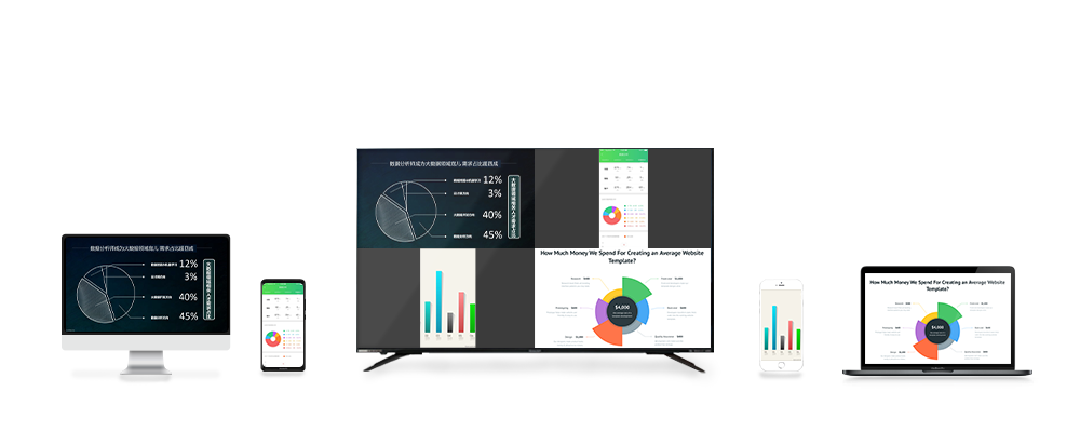The way to set up multi screen interaction mainly depends on your device and system. Here are some common setup steps:
For multi screen interaction settings between computers and monitors, taking Windows 10 as an example:
- Ensure that your computer and monitor are properly connected and turned on.
- Right click on a blank space on the computer desktop and select “Display Settings”.
- In the display settings, click the “Identify” button, and you should be able to see all connected displays and identify the number of each display.
- Select the monitor you want to set as the primary monitor, scroll down the screen, find the “Multi monitor Settings” section, and then check “Set as primary monitor”.
- In the multi monitor setting, you can choose ‘Copy these monitors’ so that all monitors will display the same content; Alternatively, choose ‘Expand these displays’ so that each display can display different content.

For the multi screen interaction settings between mobile phones and televisions, taking the Android system as an example:
- Ensure that the phone and TV are connected to the same local area network.
- Download and install a video player on your phone that supports screen mirroring, such as iQiyi Video.
- Open the video player and play the video you want to screen. In the playback interface, there is usually a screen mirroring button (which may display the word “TV”), click on it.
- In the pop-up device list, select your TV to connect. Once the connection is successful, the video content on the phone will be synchronized and displayed on the TV screen.
Please note that devices of different brands and models may have different multi screen interactive settings and functions. If you encounter any problems, it is recommended to consult the device’s manual or online help documentation, or contact the device manufacturer for support.
In addition, there are some third-party applications and services that can help you achieve multi screen interaction, such as Apple’s AirPlay, Google’s Chromecast, and so on. These applications and services usually require the installation of corresponding software or plugins on mobile phones and televisions, and follow the corresponding steps to set up and connect.